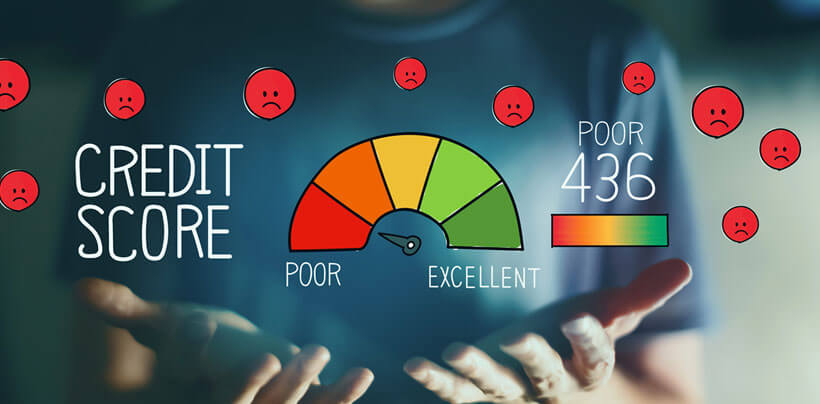Different Credit Rating Systems Explained
You might have heard the term “Creditworthiness,” while discussing finances with any banker or finance person. Most of you probably don’t know that this term is not vastly different from the word “trustworthiness,” a noun that we often use in our daily life. If you are among those individuals who are creditworthy, in the good books of every lender. How? This is solely keeping in mind your debt and financial obligations which you pay on time, each month.
Now you might be thinking what is “Credit Rating”? Don’t worry, this is why we have written this article in the first place. Here is everything you need to know about credit ratings.
What is Credit Rating?
In the world of personal financing, “credit rating” is a term which is used to refer to a score that is issued, based on the creditworthiness of a borrower. Credit ratings are assigned to every person who is seeking to borrow money. It can be anyone or any entity, a single borrower, a state or provincial body.
How Does Credit Rating Work?
Credit rating assessments and evaluations for each unit or person are generally carried out by a credit rating agency. Some credit rating agencies are: Moody’s, Fitch, and Standard & Poor’s. These rating agencies are paid for by an entity, which is seeking a credit rating for its own use or for one of its own debt issues.
Now, for individuals, credit ratings are determined by keeping their credit history in focus. This history is maintained by some famous credit reporting agencies, namely Equifax, Experian or TransUnion. Credit history also includes installments and borrowing that a person makes. If you are taking a loan, it’s a promise, whose likelihood of fulfillment is determined by the credit rating. Having a good rating automatically means that you have an increased possibility of paying back your loans without any financial roadblocks or problems. Likewise, a poor credit rating suggests that you might have had troubles with your ratings in the past. Hence, you are more likely to be following the same pattern in the coming future.
To put it in simpler words, a credit rating determines your chances of being approved for a loan or receiving fine interest rates for your particular loan plan.
Credit ratings are applied to every entity, including businesspersons and even governments. On the other hand, credit scores (numbers from 300 onwards to 850 which decide your creditworthiness) are only applied to individuals.
Credit rating agencies assign letter grades to indicate ratings. If you take Standard and Poor as an example, they have a credit rating scale which ranges from AAA (excellent) to AA+ which stands before it, and henceforth, to C and D. Bodies with ratings below BBB- are normally considered to be defaulting on their loans.
Why Does It Matter?
Credit ratings hold grave importance in the price and demand for clean security, especially bonds. The lower your credit rating is, the higher would be the investment risk involved, and ultimately your investment will be less valuable. Therefore, maintaining a high credit rating lowers the risk, which naturally attracts more investment lenders.
